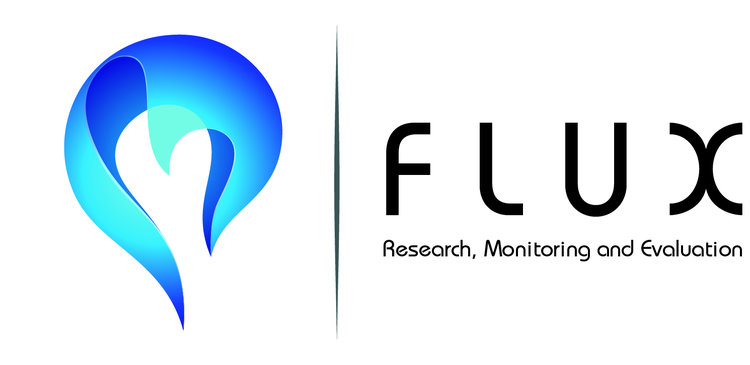My legs were stiff. A disembodied voice droned on in the background, something about customer relations management. My fingers tapped a familiar rhythm on the cold glass table. I was tired, bored, and I'd lost the track of the conversation 5 minutes ago. Suddenly, I had an idea. "How about we start these meetings off with something a little more interesting..."
Hi everyone, Tawanda here! I’m back with a post in what I have decided to turn into a new series, #tipsfornewevaluators. This time, we’re going to be delving deep into the marvelous world of meetings, workshops and presentations.
How to facilitate them, that is.
I know, what do all of these have to do with evaluation? As you will find out. Working as an evaluator comes with a lot of meetings and presentations, guys! Planning, facilitating AND attending them. Let’s get started, shall we?
Agenda writing
Keep the end goal in mind. When introducing each point, make sure you keep the end goal in mind to avoid confusion. If you’re talking about budgets, don’t bring up events at all until you’ve gotten to that point in the list.
Make a chart. Seriously, it may seem like a lot of work at first, but I promise, making a chart/table will help you to organize your thoughts a lot better than just writing down the direction you want to go in. For example, here’s a chart that I created for NOLA Eval leadership team meeting this week.
Each column helps me to keep track of the topic, objective, description and allotted time period.
What do you NOT want to get into?
Make sure you note what you will be talking about in this meeting and what is out of range. It’s super easy for a meeting to drag on and on, and if your colleagues are intelligent and have great ideas, you won’t notice the time passing. People do have lives, and meetings must stay organized, so keep track of what really counts.
Don’t forget logistics!
These are basic things that are so basic, they’re often left behind! How many people will attend the meeting? For how long? Will you need snacks or drinks? What materials will you need? Laptops, markers, a white board? Getting these things organized is important - BEFORE the meeting starts. You don’t want to come well prepared with great talking points and forget markers to write on the board!
That’s it for today’s post, but as we learn together, I hope you’ll join me again for part 2, which features some ideas on how to make meetings fun, effective AND interesting. If you have any ideas for me, please don’t hesitate to email at tawanda@fluxrme.com. See y’all soon!


